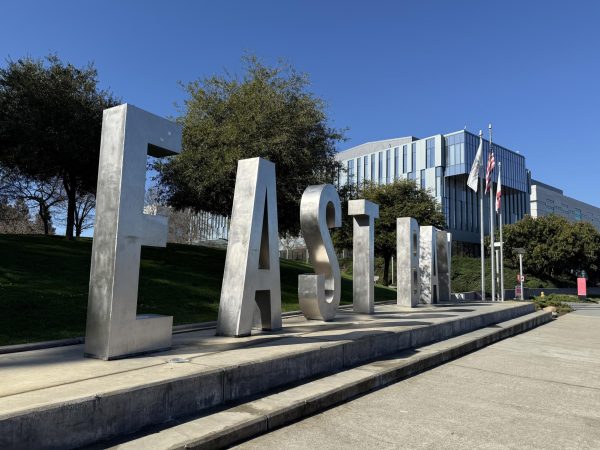The Golden State Embraces Compassion
Solving local issues, one by one
On Sept. 10, California became the first Compassionate state.
First introduced on Apr. 26 by Senator Dave Cortese (D-San Jose), the concurrent resolution passed the Senate on a unanimous 32-0 vote. The Compassionate California bill remained uncontested by the Assembly Floor, manifesting in a 73-0 vote in favor of adopting the bill on Aug. 26. The Compassionate California bill was officially chaptered on Sep. 10 by the Secretary of State.
Compassionate California was founded upon the principles of prioritizing compassion, cultivating empathy, and “honoring the inviolable sanctity” of every human being, as outlined by the Charter for Compassion: the constitutional document for the Compassionate project. The Charter first entered the public consciousness in 2008 during a TED prize talk by British religious scholar and author, Karen Armstrong. The Charter was intended to promote the Golden Rule, — a moral maxim of reciprocity, otherwise “treating others as you would like others to treat you,” — and emphasize universal justice and respect, found within many of the world’s faiths.
The mission of Compassionate California is to spur cooperative competition, promote compassionate activities, and increase community engagement through community service. “Our approach is local solutions to local issues,” explained Girish Shah, Board Chair of the Silicon Valley Interreligious Council and Compassionate California, “each community has their own problems, they decide what to tackle. Our job is to support and promote.”
In that capacity, Compassionate California is an “umbrella organization and a support network [that] supports all counties, cities, local organizations, and interfaith organizations who do compassionate activities,” said Shah. Rather than acting as a charity that serves people directly, this initiative focuses on supporting other local organizations and communities by providing monetary, material, or staffing assistance by leveraging volunteers.
The declaration of California as a Compassionate state after two years of effort was a tremendous achievement for the organization. Shah believes that the primary advantage of the resolution is exposure. “[The passage of the bill] gives us a boost of energy, [since] people can go to their mayors and declare themselves compassionate,” reasoned Shah, concluding that California’s acknowledgment of the Charter for Compassion will aid in compassionate policy making.
Currently, California is heavily dependent on the nonprofit sector, especially in rural California. Nonprofit organizations in metropolitan areas have 41% more revenue than rural areas, exemplifying vast differences in nonprofit reach. Despite the evident rural-urban disparities, 71% of Californians believe nonprofits are very or extremely important to society, with 90% of respondents stating that nonprofits help the needy and vulnerable.
Furthermore, prior to the COVID-19 pandemic, nonprofit volunteers contribute the equivalent of 331,058 full-time workers, however total volunteer hours in the state have decreased by 25% from 940 million hours to 689 million hours in 2015 and 2017, respectively. In lieu of the COVID-19 pandemic and a 62% demand increase in nonprofit services, it is imperative that nonprofits remain operational. It is during times of strife and crisis that California needs local solutions to local issues.







